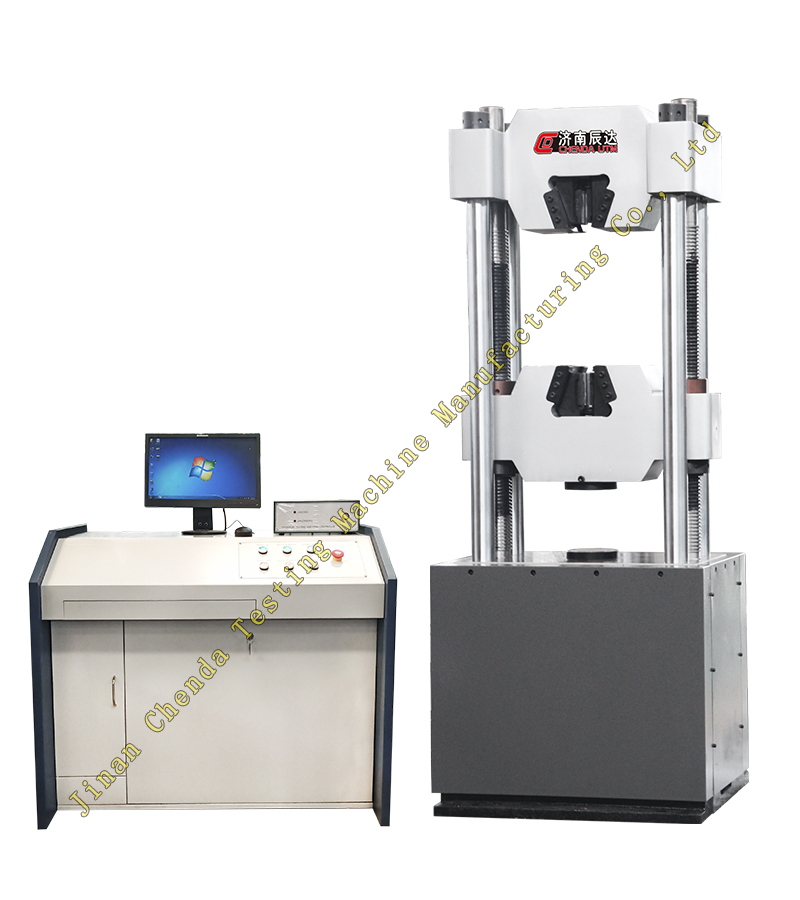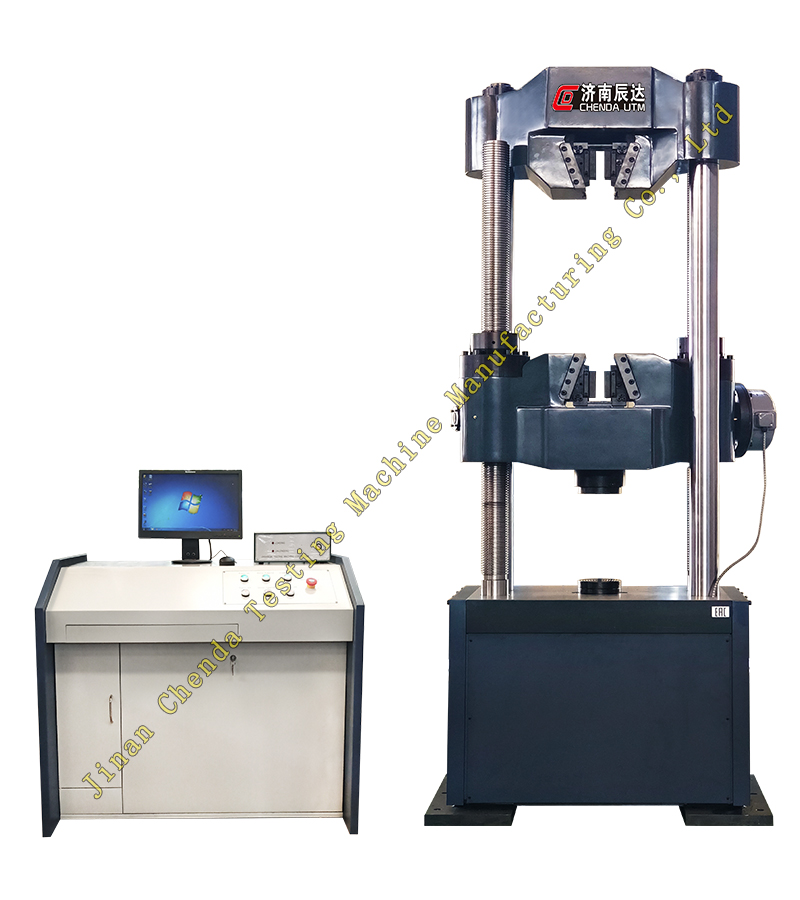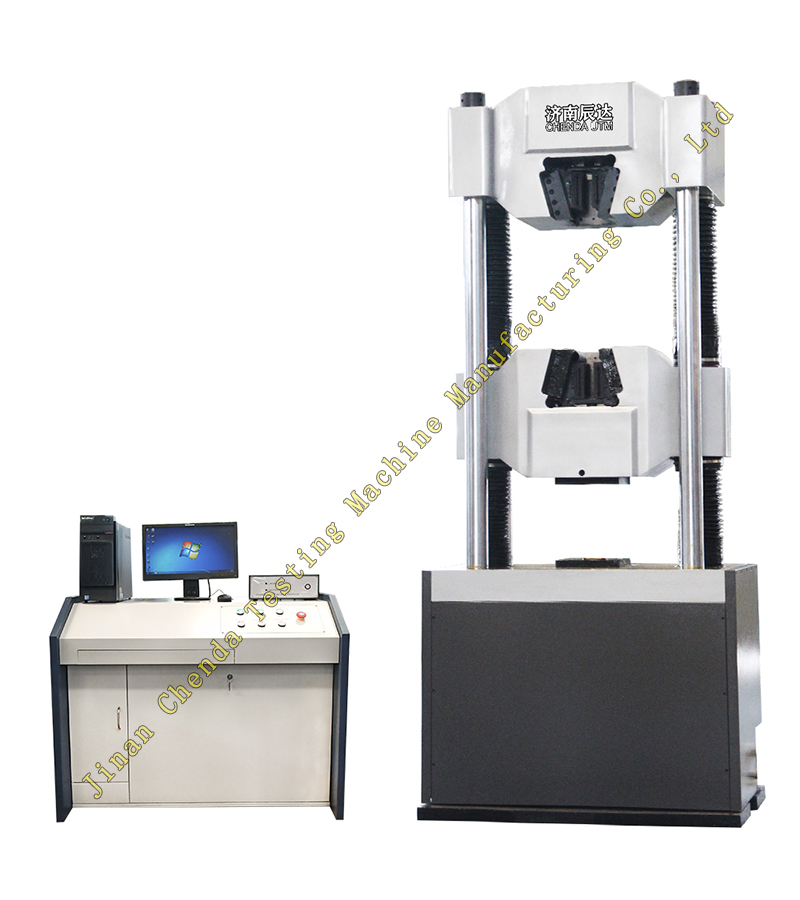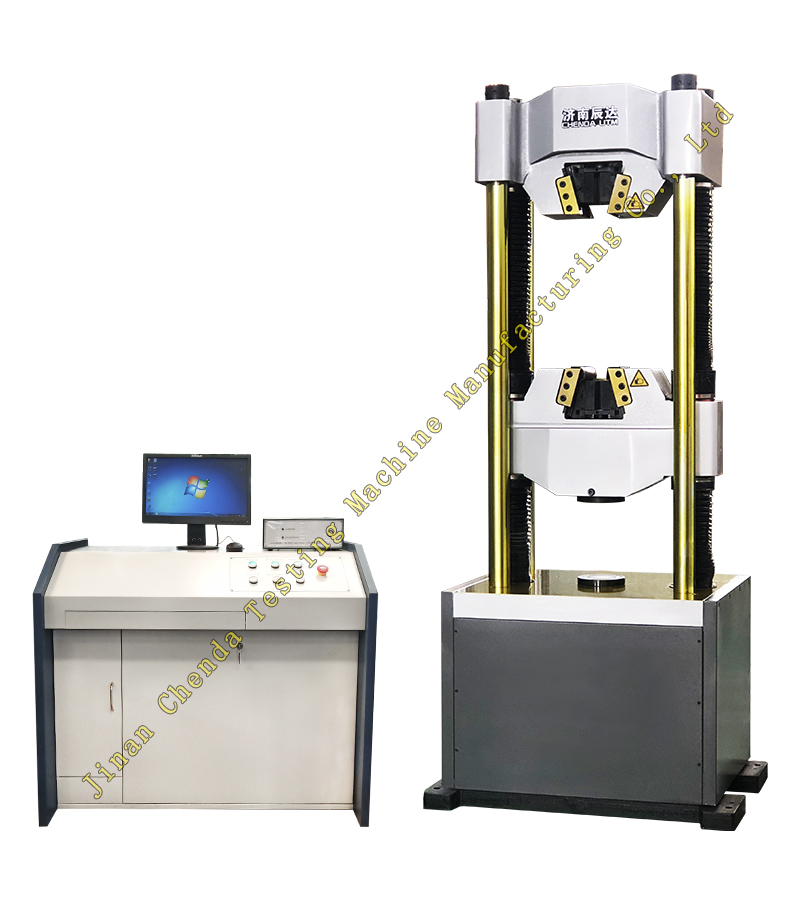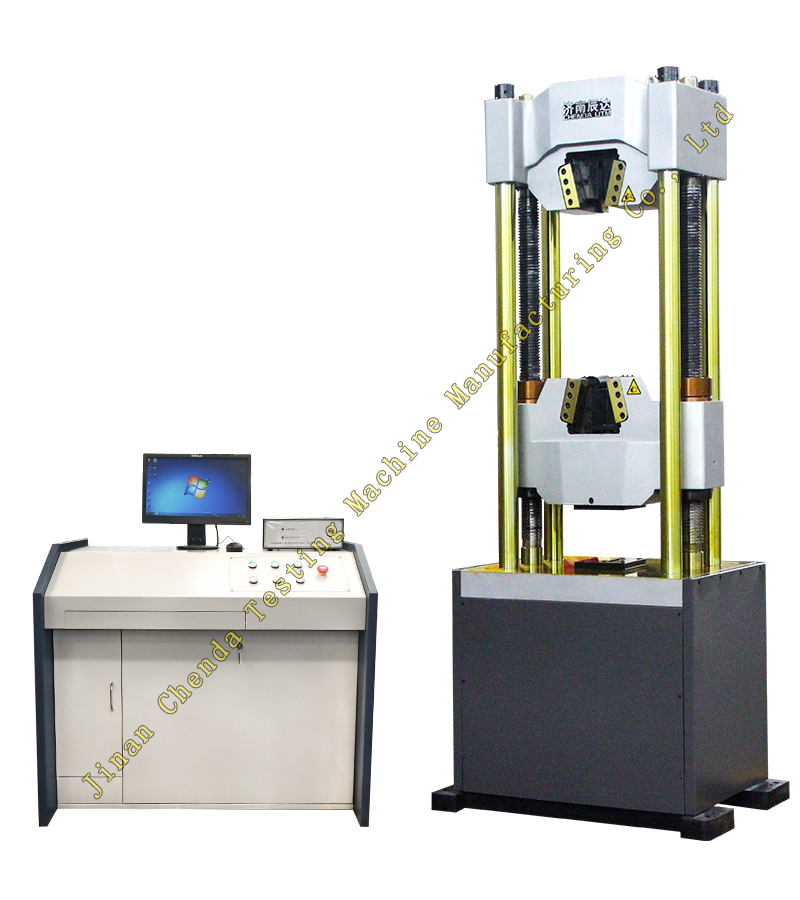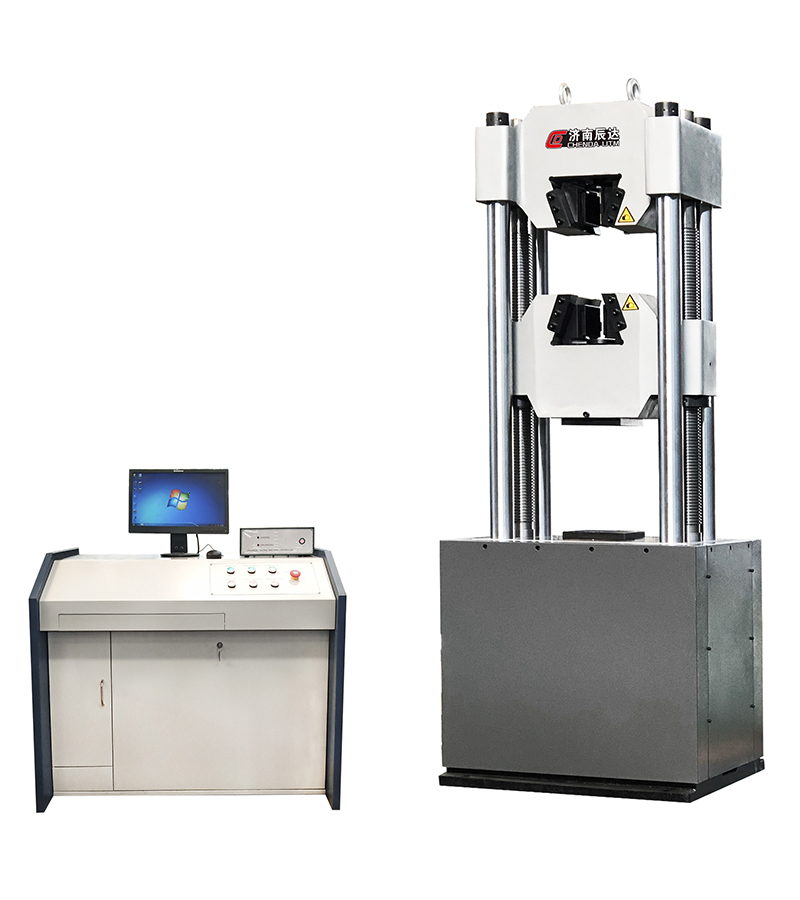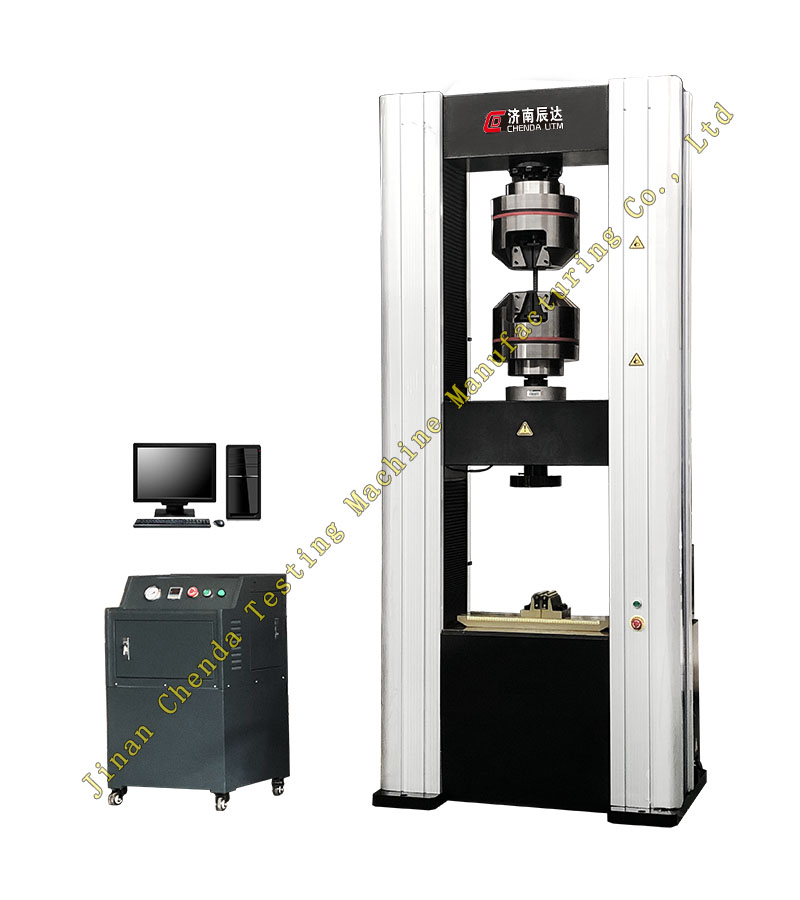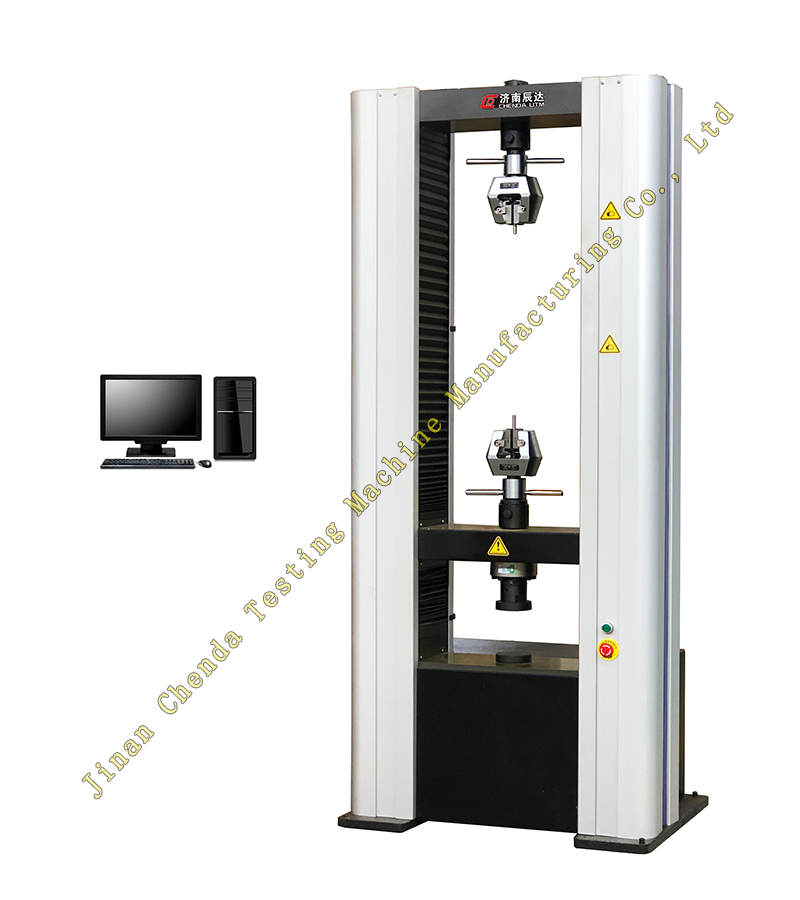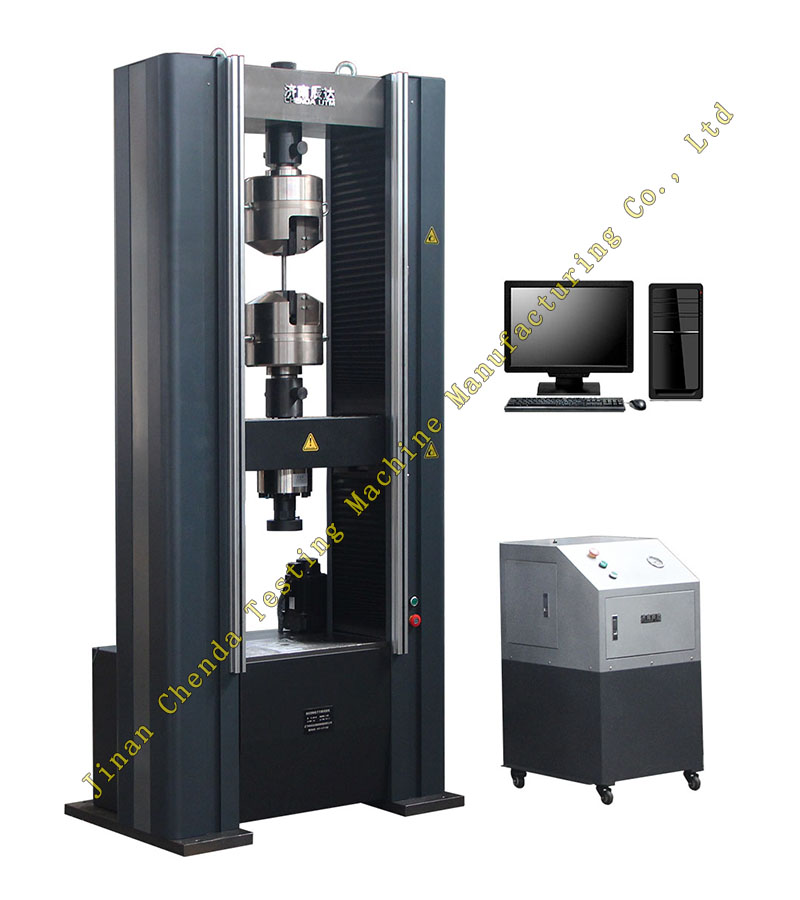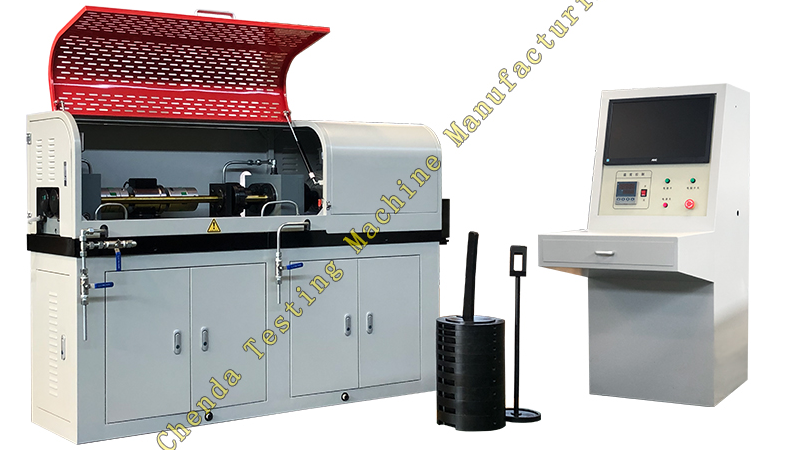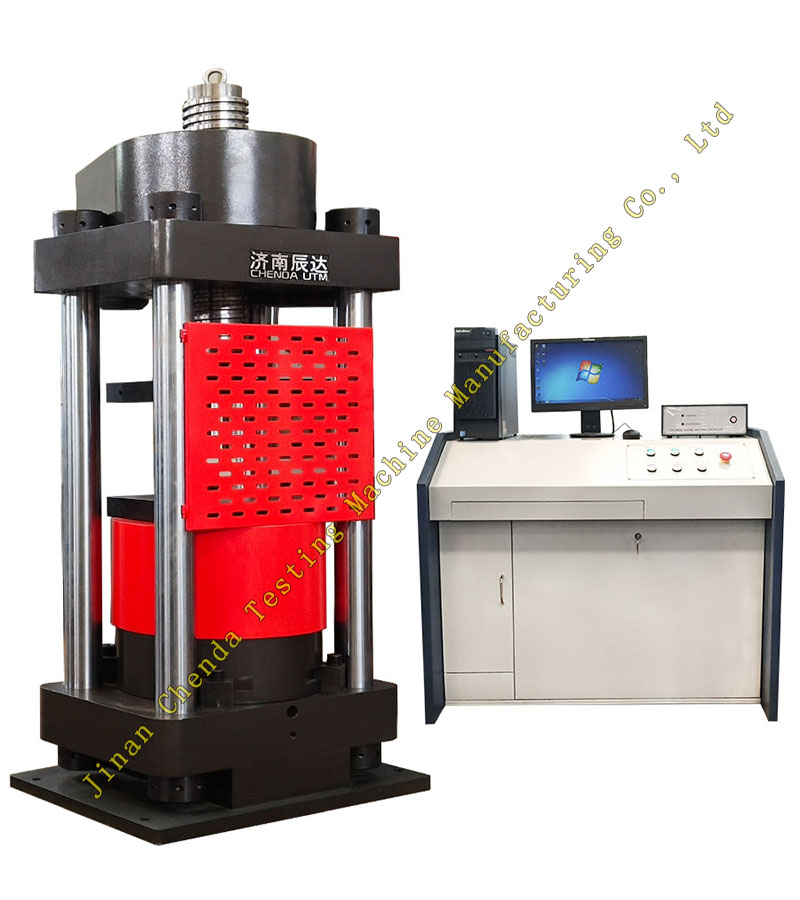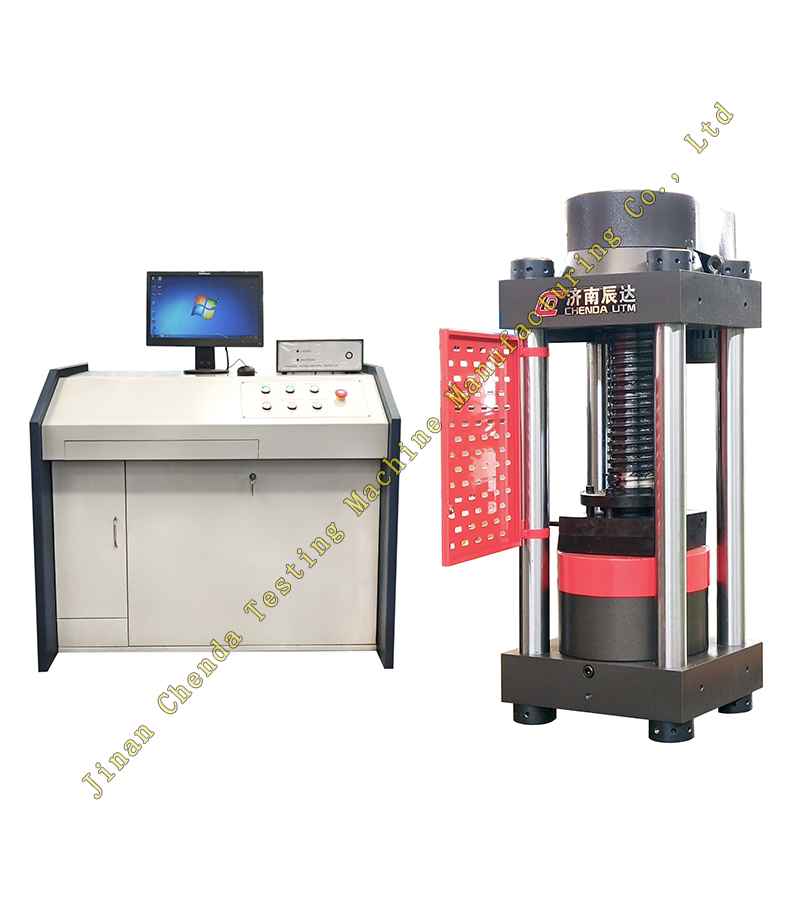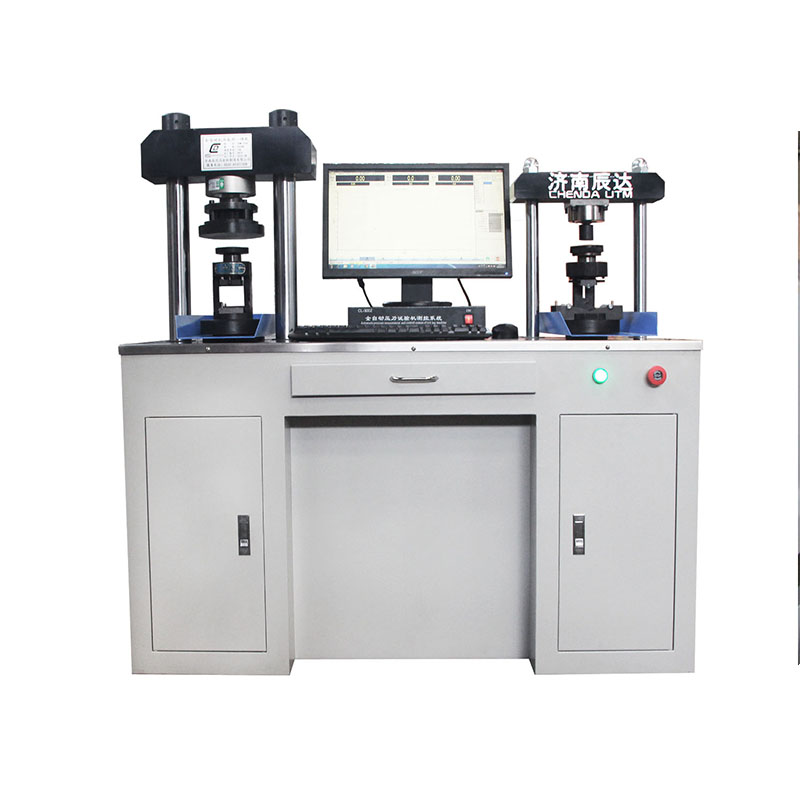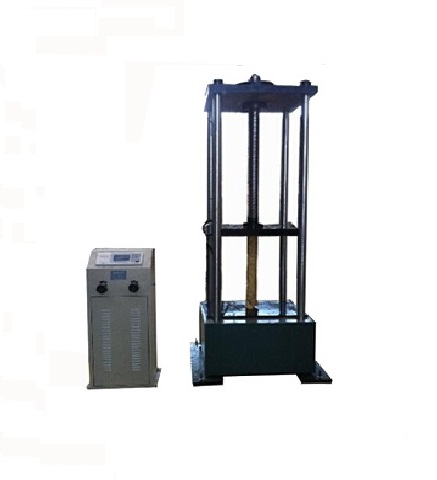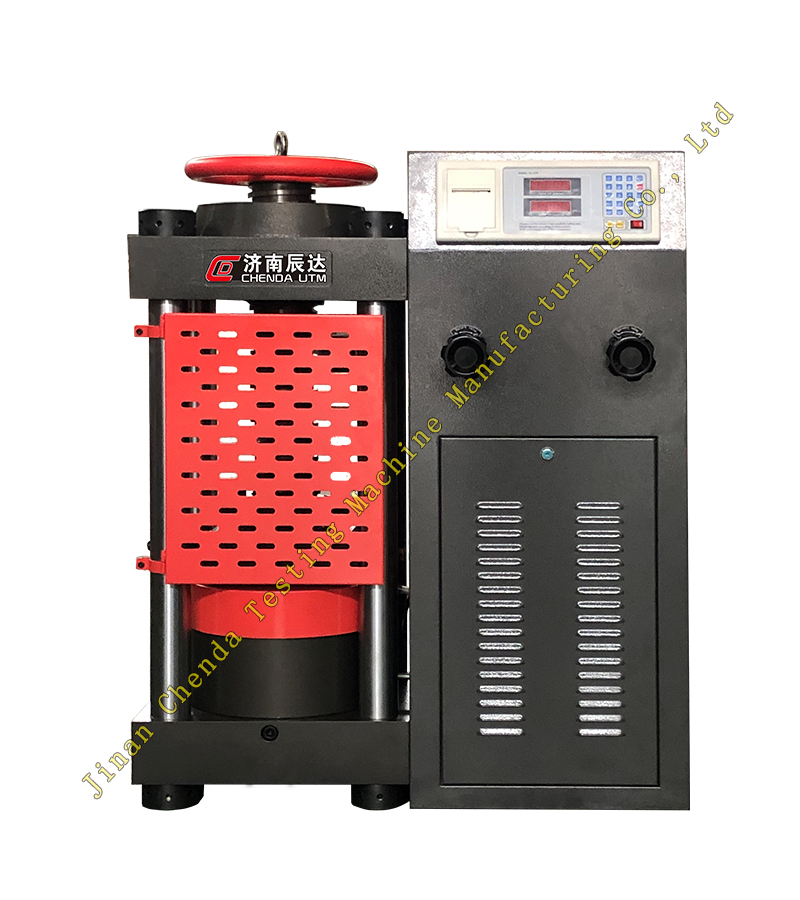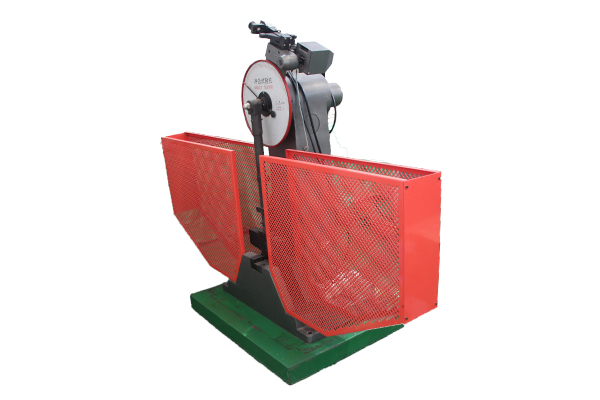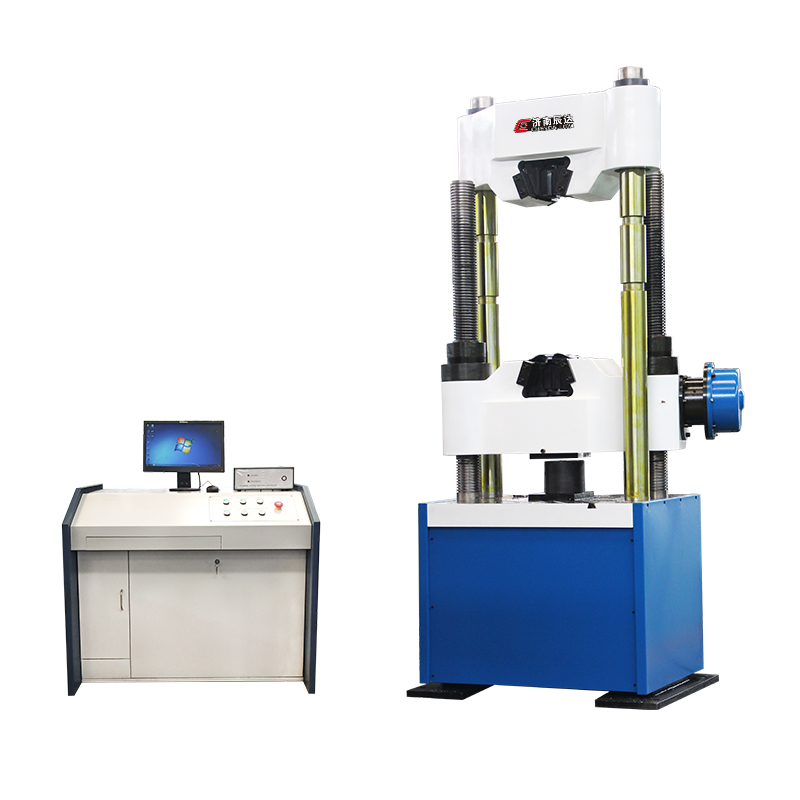
Metal tensile testing machine is a key equipment used to test the mechanical properties of metal materials, such as tensile strength, yield strength, elongation, etc. It can be classified into the following categories based on functional characteristics, structural principles, and application scenarios:
1、 Classified by driving method
1. Hydraulic tensile testing machine
Powered by a hydraulic system, the fixture is driven by an oil pump to increase pressure and drive the cylinder to move. It is suitable for testing large loads (such as 100kN or more) and is commonly used in fields such as steel and heavy machinery. Its advantages are high output force and stability, but the equipment has a large volume, relatively low control accuracy, and requires regular maintenance of the hydraulic system.
2. Electronic tensile testing machine
Using servo motors to drive ball screws and real-time feedback of force values through sensors, the accuracy can reach within ± 1%, suitable for precision testing of small and medium loads (0.5kN~300kN), such as metal foils, wires, fasteners, etc. The characteristics are easy operation, fast data collection, support for dual closed-loop control of displacement and force values, low energy consumption, and low noise.
3. Electro hydraulic servo tensile testing machine
Combining the advantages of hydraulic power and electronic control, the loading rate is precisely adjusted through servo valves, with both high load output and high-precision control capabilities (accuracy ± 0.5%). It is suitable for scenarios with strict testing requirements such as aerospace and military industries, and can simulate complex stress conditions.
2、 Classified by structural form
1. Desktop tensile testing machine
Compact design, small footprint, maximum test force usually below 100kN, suitable for routine testing of metal specimens (such as standard tensile parts and welded parts) in laboratories or small businesses.
2. Floor standing tensile testing machine
Adopting a vertical or horizontal frame structure, equipped with large stroke guide rails and high-strength fixtures, it can test large-sized metal components (such as steel rails and bridge steel) with a maximum test force of thousands of kilonewtons. It is commonly used in industries such as building materials and shipbuilding.
3、 Classified according to the principle of force measurement
1. Pointer type tensile testing machine
By using mechanical transmission to drive the pointer to display the force value, the structure is simple and the cost is low, but the accuracy is low (± 2%~± 5%), and the data cannot be automatically recorded. It is mainly used for teaching demonstrations or rough tests with low accuracy requirements.
2. Digital tensile testing machine
Electronic sensors (such as strain gauges) are used to collect force values, and real-time data is displayed through a microcomputer or LCD screen. The stress-strain curve can be automatically drawn, and data storage and export are supported. It is a modern mainstream model.
4、 Classified by specialized applications
High/low temperature tensile testing machine: equipped with a temperature control box, it can test the high temperature creep or low temperature brittleness of metal materials in an environment of -196 ℃~1200 ℃.
Dynamic fatigue tensile testing machine: In addition to static tension, it can apply cyclic loads to evaluate the fatigue life of metal materials.
Microcomputer controlled universal testing machine: integrating multifunctional modules such as tension, compression, and bending, and customizing test plans through software, suitable for comprehensive mechanical property research of metal materials.
With the development of materials science, modern metal tensile testing machines are upgrading towards high precision, intelligence, and multifunctionality, such as integrating AI algorithms to automatically analyze fracture modes, or achieving multi device data interconnection through the Internet of Things, providing more comprehensive technical support for the research and development, quality control, and failure analysis of metal materials.
